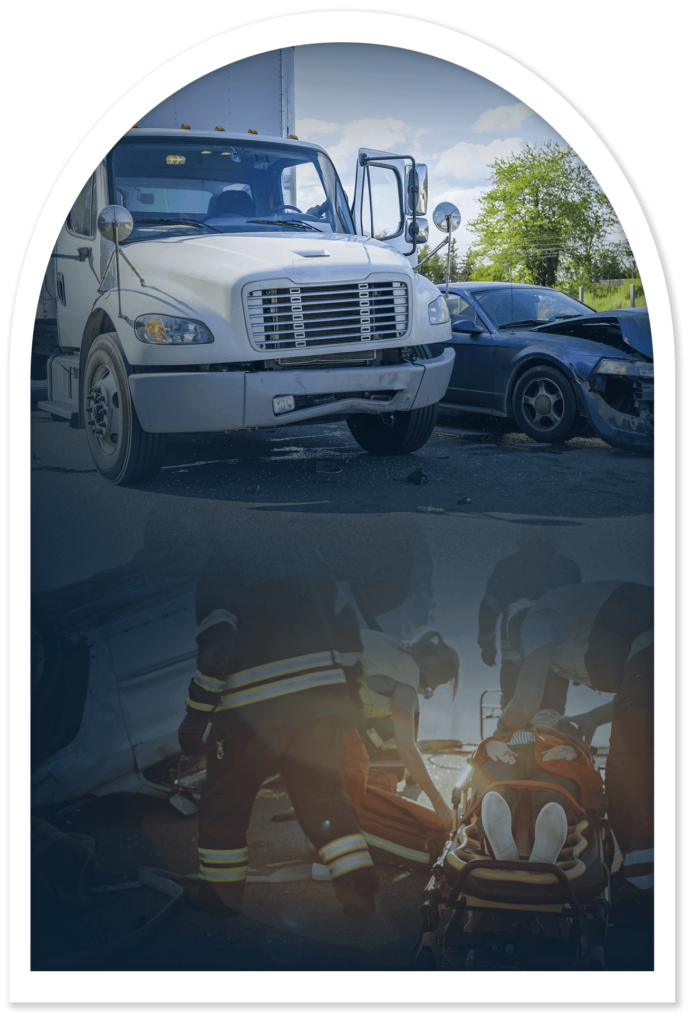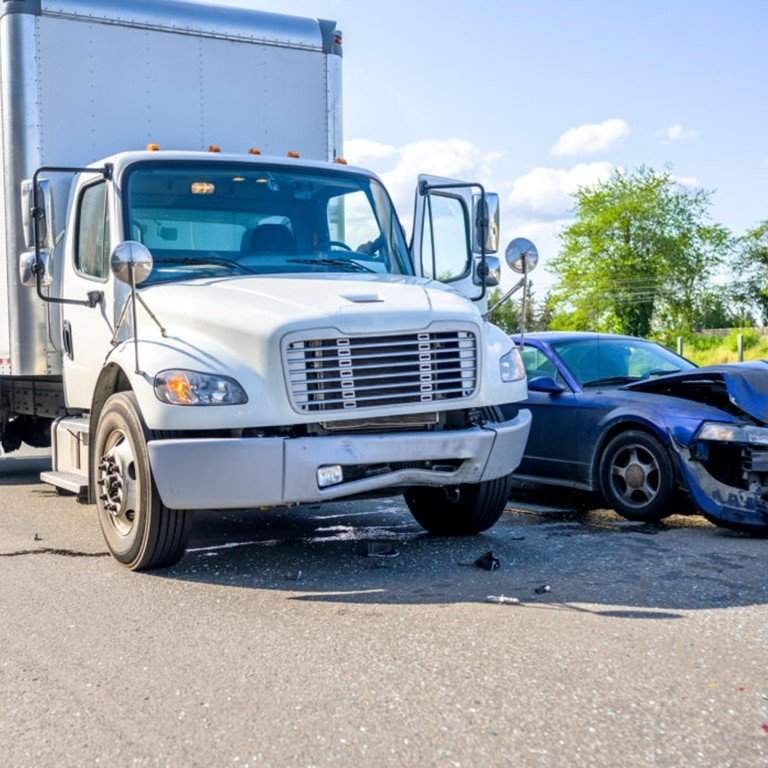Truck Accidents
Truck Accidents
In 2018, a report was published by the Federal Motor Carrier Safety Administration of the United States Department of Transportation. At that year, trucking accidents considered fatal involved 5,096 large trucks; 112,000 involved in injury crashes; and 414,000 trucks involved in property damage.
According to the U.S. Department of Transportation’s Fatality Analysis Reporting System (FARS):
1. A total of 4,136 people died in large truck crashes in 2018.
– 16 percent of these deaths were truck occupants.
– 67 percent were occupants of cars and other passenger vehicles.
–15 percent were pedestrians, bicyclists or motorcyclists.
2. The number of people who died in large truck crashes was 31 percent higher in 2018 than in 2009.
Catastrophic damage is expected from a collision between a large truck and a typical passenger car, with the trucks typically weighing around 80,000 pounds more than a normal car. These accidents happen every single day, and can potentially cause serious injuries, brain trauma, amputations of body parts, and even death.
Usually, these are due to human error, caused by overworked drivers. What’s worse is that their cargoes are not just cottons or cushions, but frequently are heavy and hazardous materials like steel or gasoline. Imagine, changing your life drastically, just because a truck driver fell asleep while driving or was under the influence of drugs or alcohol.
Other leading causes are distractions from phones, improperly loaded cargo, poorly-maintained trucks, and equipment failure.

Important Facts About Truck Accidents
Companies and insurers have deep pockets to use in trying to escape liability in truck accidents. After a truck accident, they will be already assembling their own legal team to fight your claims. This is why getting a free case evaluation with a truck accident attorney would be beneficial to you in the long run and could prevent thousands or millions of dollars worth of mistakes or stress.
Common Federal Motor Carrier Safety Administration (FMCSA) Violations
Trucking is an interstate business, meaning it takes place over several different states. Oftentimes the trucking company headquarters, pickup location, and delivery location are all different states. Trucks then have to drive through multiple other states to make a delivery. This can make compliance with various state laws more difficult because states have different laws, rules, and regulations pertaining to shipping and large commercial vehicles.
This is why there is a federal agency known as the Federal Motor Carrier Safety Administration (FMCSA). This agency sets rules and regulations on a national level which set the minimum requirements that all truck drivers and trucking companies must comply with. Many of the regulations are aimed at safety. When an FMCSA regulation is violated which causes a trucking accident in Las Vegas, Nevada, it could result in liability for the truck driver or trucking company.
Some of the most common FMCSA violations that could result in liability include the following:




